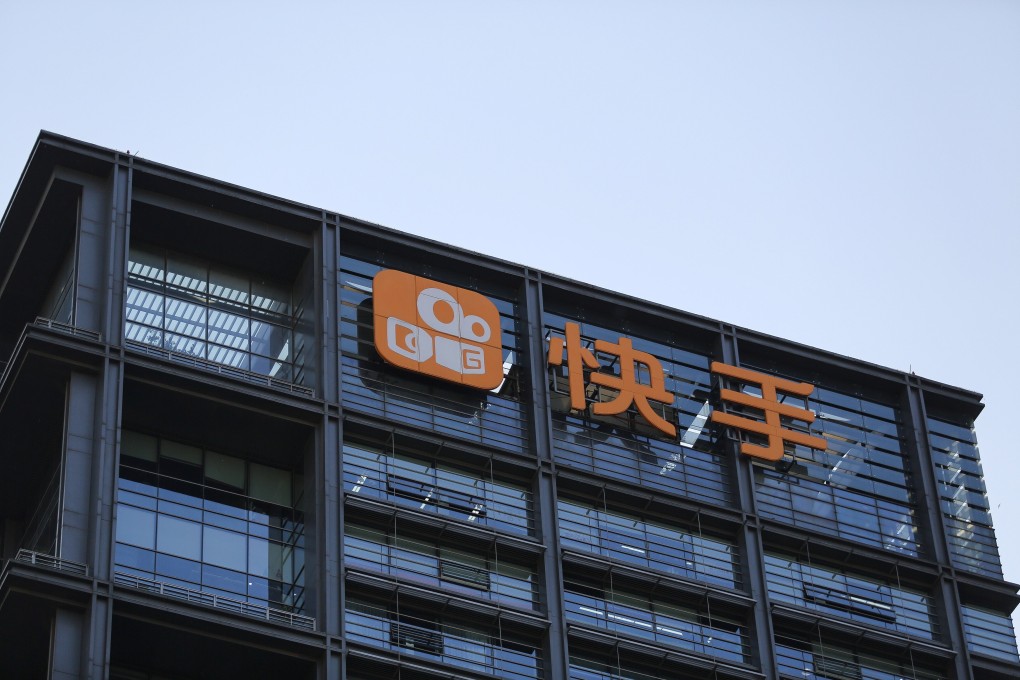Kuaishou to extend working hours ahead of IPO as it struggles to make profit
- Short video platform Kuaishou filed for an IPO in November but is still struggling to turn a profit
- All employees will be required to work an extra day every two weeks ahead of the IPO, according to people familiar with the matter

The company told employees on Tuesday to adopt the new shift starting January 10 and said they will get double pay for working an extra day on the weekend, according to two people familiar with the matter.
More than half of the staff are already working overtime during the weekend, but now the policy has extended to the entire company, the people said. But some staff members have welcomed the change “because it means higher income”, one of them added.
Kuaishou did not respond to a request for comment by the time of publication.
Kuaishou had 302 million average daily active users (DAUs) in the first half of the year but has struggled to convert this traffic into profit. In the first half of 2020, it made an operating loss of 7.6 billion yuan (US$1.2 billion), compared with a profit of 1.1 billion yuan in the same period in 2019, according to its prospectus.